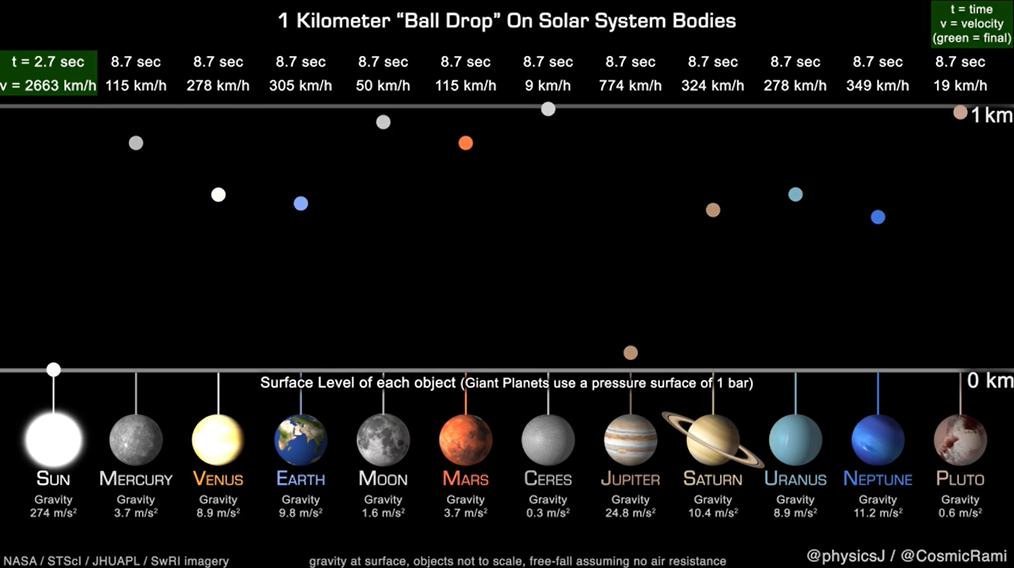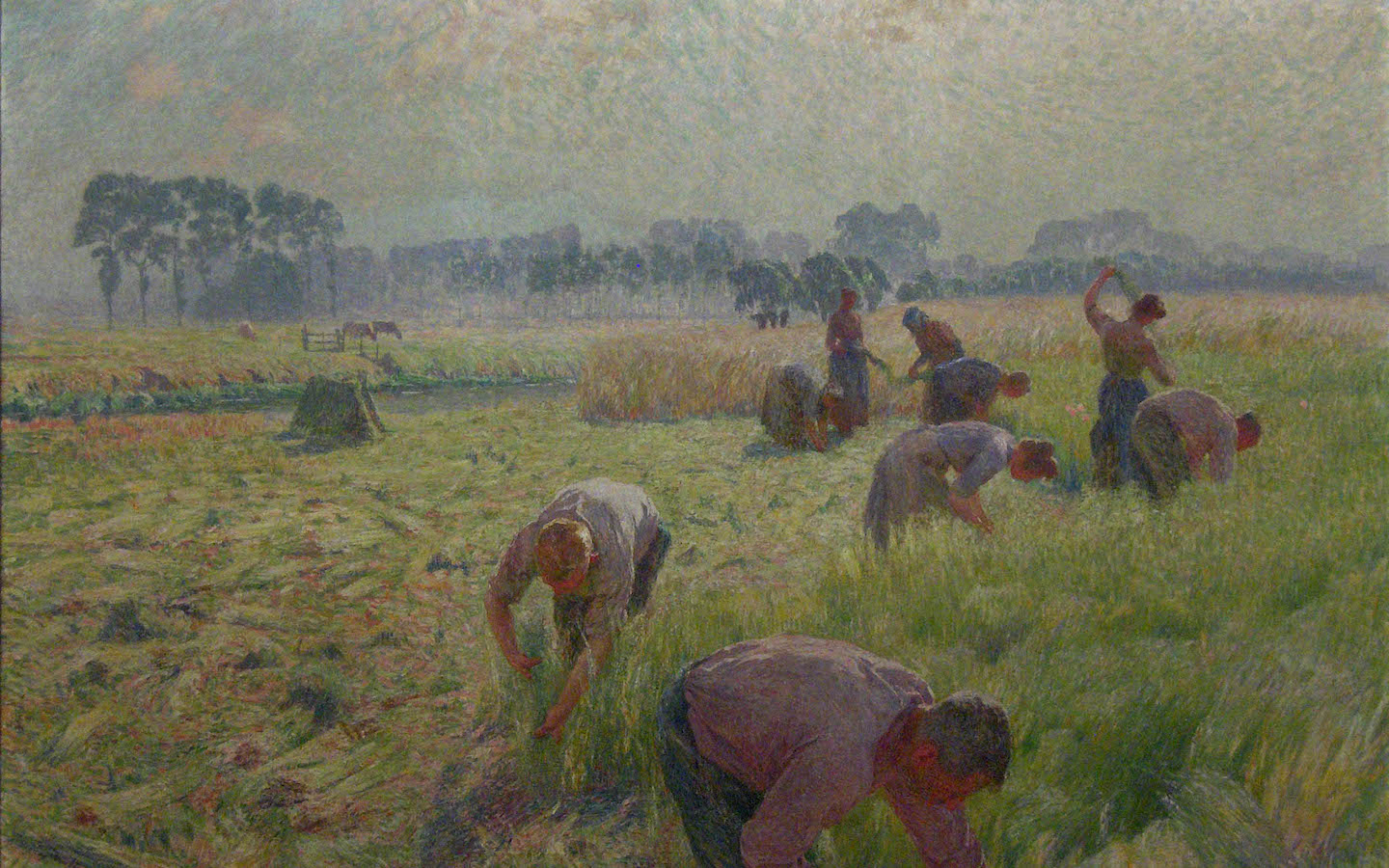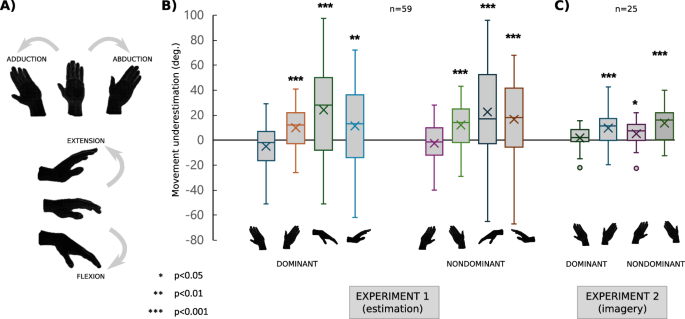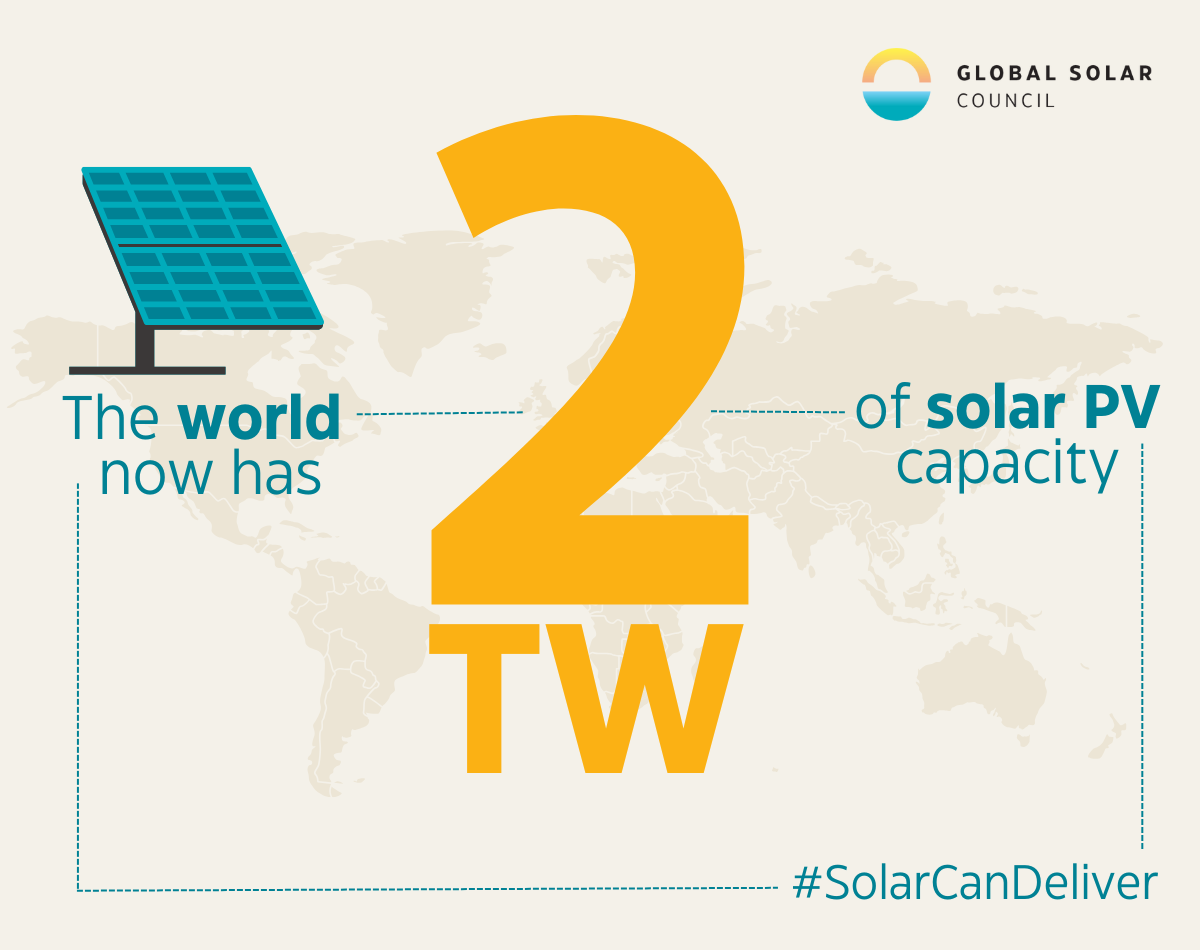
Planetary Perturbations May Strengthen Gaia
Few Earth science concepts are as controversial and enticing as the Gaia hypothesis—the idea, first introduced by chemist James Lovelock and microbiologist Lynn Margulis in the 1970s, that Earth itself behaves like a self-perpetuating organism, with living organisms interacting with the nonliving Earth to maintain and even improve conditions for life.
Some experts have noted that large-scale planetary perturbations such as climate change and an overuse of resources can wipe out the progress of any world, which could suggest that life worsens conditions for itself or is even inherently self-destructive, in contrast to the Gaia hypothesis.
But a new study, published in Monthly Notices of the Royal Astronomical Society, uses computer modeling experiments to make a different argument: that large-scale perturbations are actually a mechanism by which Gaian systems increase in complexity (the number of connections existing in a network of species). The findings could eventually help planetary scientists narrow their search for life beyond Earth, according to the authors.
“I’m really glad that people are trying to experimentally test some of the most profound questions about life itself,” said Peter Ward, a paleontologist at the University of Washington who was not involved in the research.





















